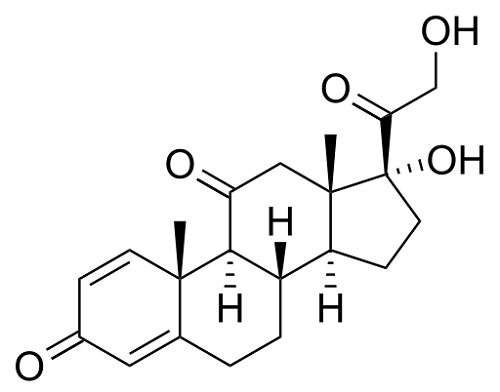Most women have a very difficult time during their periods. They experience body aches, stomach bloating, stomach cramps, pain in the breasts, and many other physical ailments. In addition to that, they might experience emotional changes throughout the menstrual cycle. You can read on below to find out what causes emotional changes during menstruation.
The estrogen hormone is linked closely with the emotional well-being of women. This is clear because women feel anxiety, depression and other emotional effects during estrogen-producing years a lot more often than men. Apart from that, estrogen is linked to the mood disruptions such as premenstrual dysphoric disorder, premenstrual syndrome, and postpartum depression, which only occur in women. The extent to which estrogen affects one’s emotion is a lot less straightforward.
Some of the emotional changes are also linked to the progesterone hormone. Both progesterone and estrogen regulate and control the levels of serotonin in the brain. Bear in mind that serotonin is a chemical that affects moods. You will feel happy or elated if serotonin levels increase, your mood will become low if the levels drop. There are different changes that will take place due to the levels of estrogen and progesterone hormones during the menstrual cycle. Below you will find out how the different hormonal changes might make you act and feel.
Emotional Changes throughout the Menstrual Cycle
When experiencing your period, you could experience wild mood swings which are uncontrollable. You might go from having crying spells to anxiety attacks and angry outbursts, then return to a stable state emotionally all in one day. You will know that these ups and downs in your emotions are caused by PMS, or Premenstrual syndrome, if they begin one to two weeks consistently before your monthly period and then stop one or two days after your menstruation starts.
Some of the most common emotional symptoms of PMS include irritability, depression, anger, oversensitivity, crying, alternating rage and sadness, plus anxious and nervous feeling. All of these emotional disturbances are said to be connected to the increase and decrease of hormones, especially estrogen, during the menstrual cycle. The estrogen levels start to increase slowly right after menstruation ends and peaks two weeks later.
After that, the levels will drop hard and rise slowly before falling again right before menstruation begins. These hormonal rise and falls cause mood swings and many other emotional symptoms throughout menstruation.
It is said that 3 to 8% percent of women will experience more severe conditions during menstruation. This condition is known as PMDD, or premenstrual dysphoric disorder. These women will be seriously depressed for one or two weeks before their monthly periods. The foremost symptoms of PMDD are extreme irritation and major depression. It is worth mentioning that PMS is usually milder and will involve both emotional and physical menstrual symptoms.
You will have a higher risk of having PMDD if your family has a history of depression or you have experienced postpartum depression in the past. You must be experiencing some of the following symptoms, at least five, during the time of your period to be diagnosed with this condition:
- Constant crying
- Panic attacks
- Deep despair or sadness, possible with thoughts of suicide
- Feelings of anxiety or tension
- Lasting anger and irritability, which might include regular outbursts
- Mood swings
- Lack of interest in relationships and daily activities
- Difficulty focusing or thinking
- Fatigue
- Feeling overwhelmed or out of control
- Low energy
- Binge eating or food cravings
Other emotional changes throughout the menstrual cycle:
You might feel really good during the follicular phase of menstrual cycle. This phase usually starts on the day your period starts and lasts for around ten to fourteen days. The estradiol hormone will start to rise during this time. FSH, or Follicle-stimulating hormone, is secreted to stimulate the production of follicles inside the ovaries which contain eggs. The good feelings might come from your brain as it becomes more sensitive. Some women show more brain activity in the follicular phase of their menstrual cycle.
You might feel the opposite of happiness during the luteal phase. When you stop ovulating, the empty follicle that had an egg previously will start to secrete progesterone hormone to thicken the uterus lining and prepare it for an embryo implantation. You might start to feel moodier as the progesterone levels increase. This will happen because the progesterone hormone helps the body to make the cortisol hormone that is usually higher in persons who are stressed.
Generally speaking, most women don’t understand why they are feeling emotional when having their periods or how to react when experiencing sudden mood changes. It is usually hard to control your emotions due to their variations and unpredictability in severity. Aside from menstruation, your mood swings can be linked to other factors as well, including lifestyle habits especially stressful activities. Once you know the things that could interfere with your emotional well-being, it will be easier for you to deal with the emotional changes throughout the menstrual cycle.



